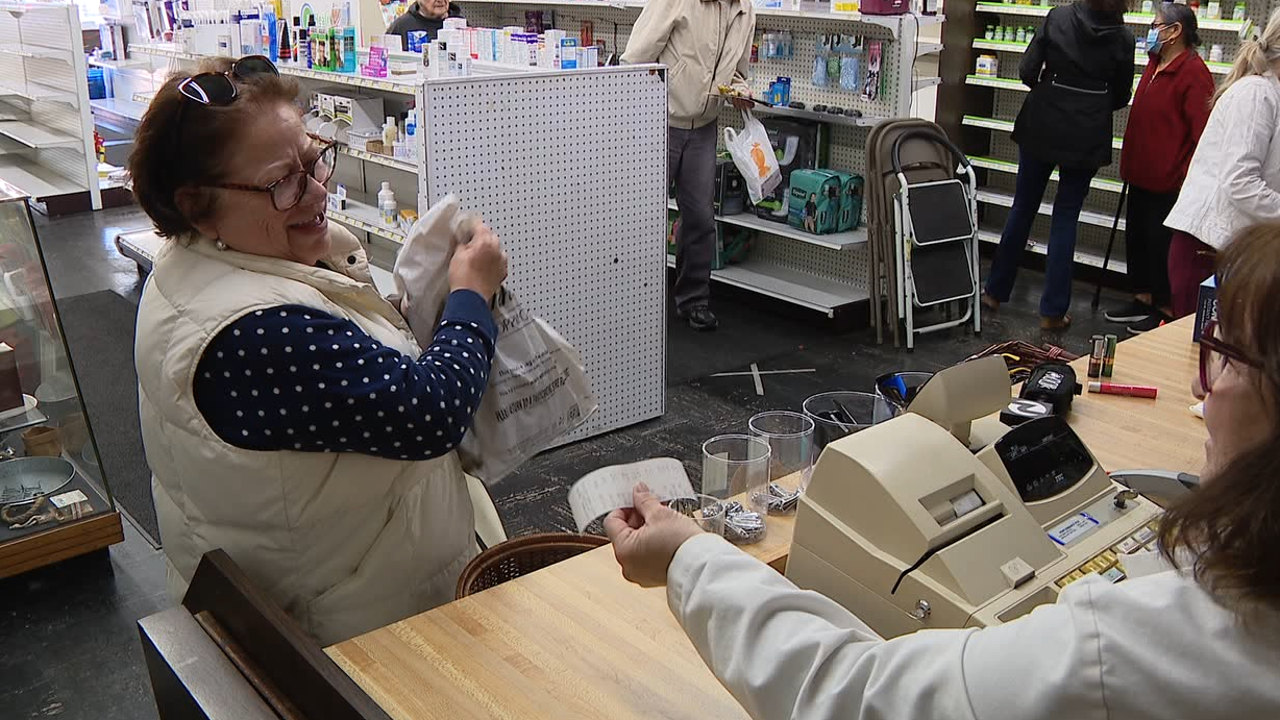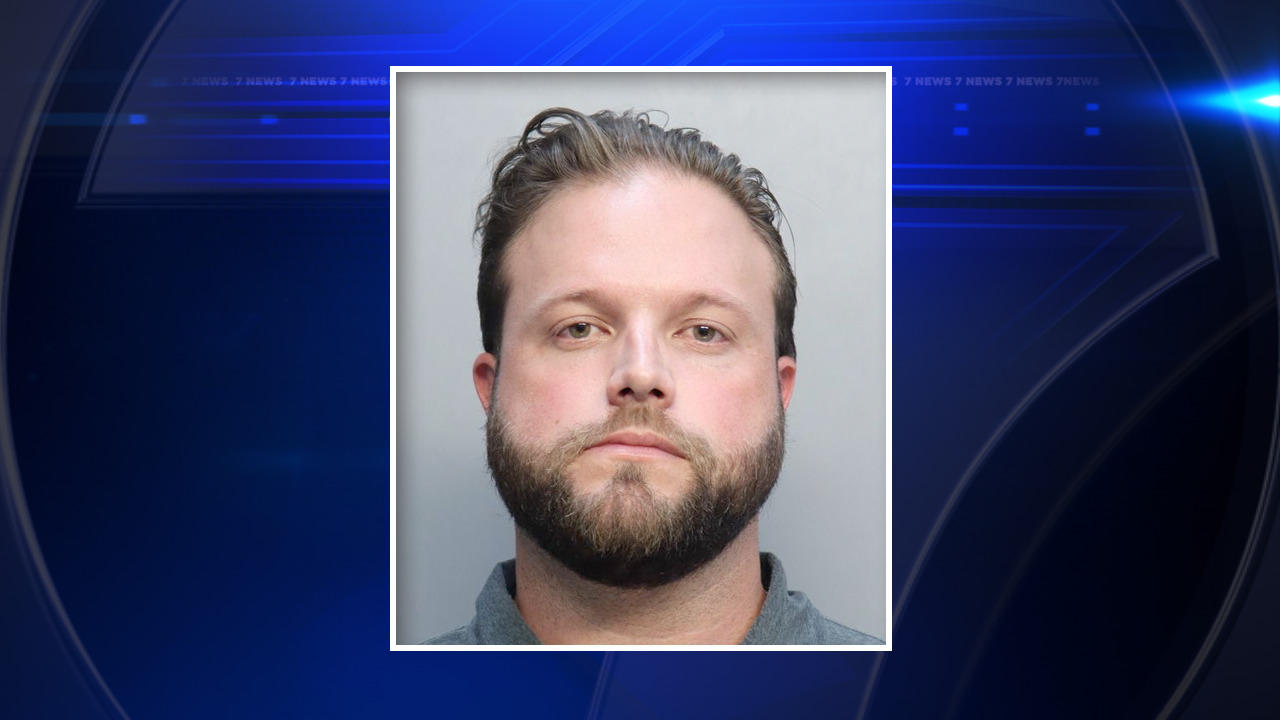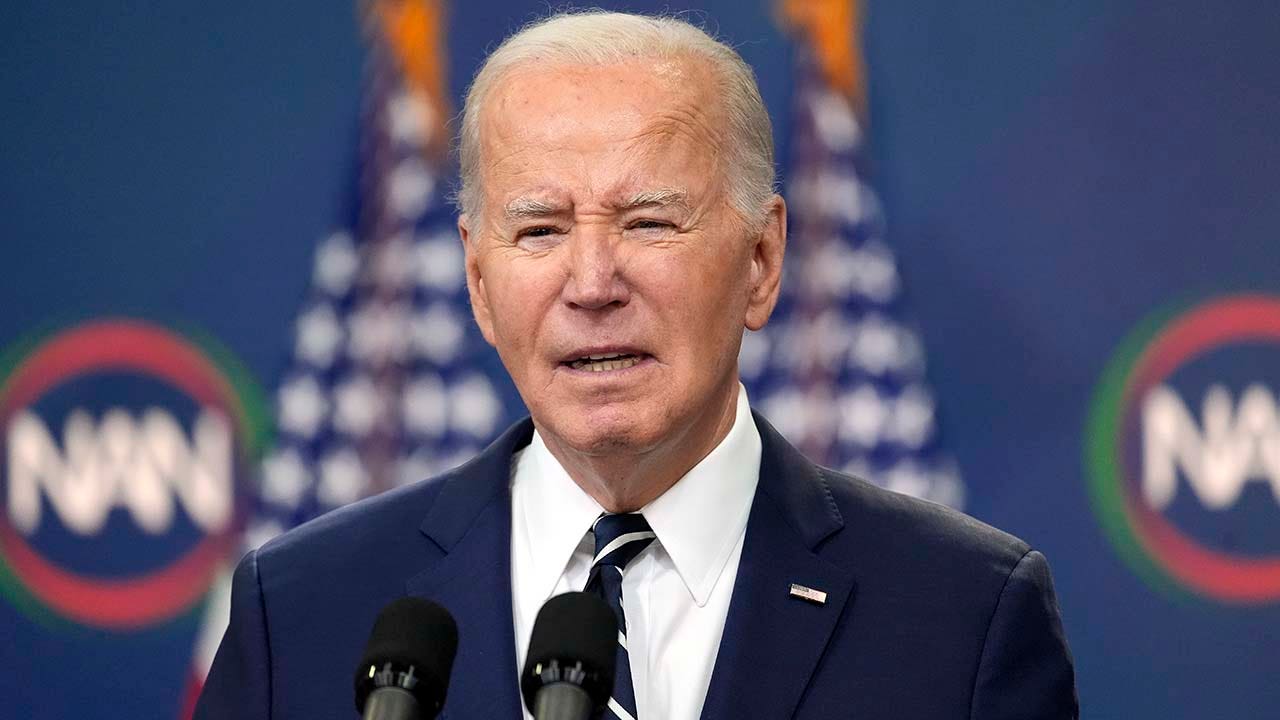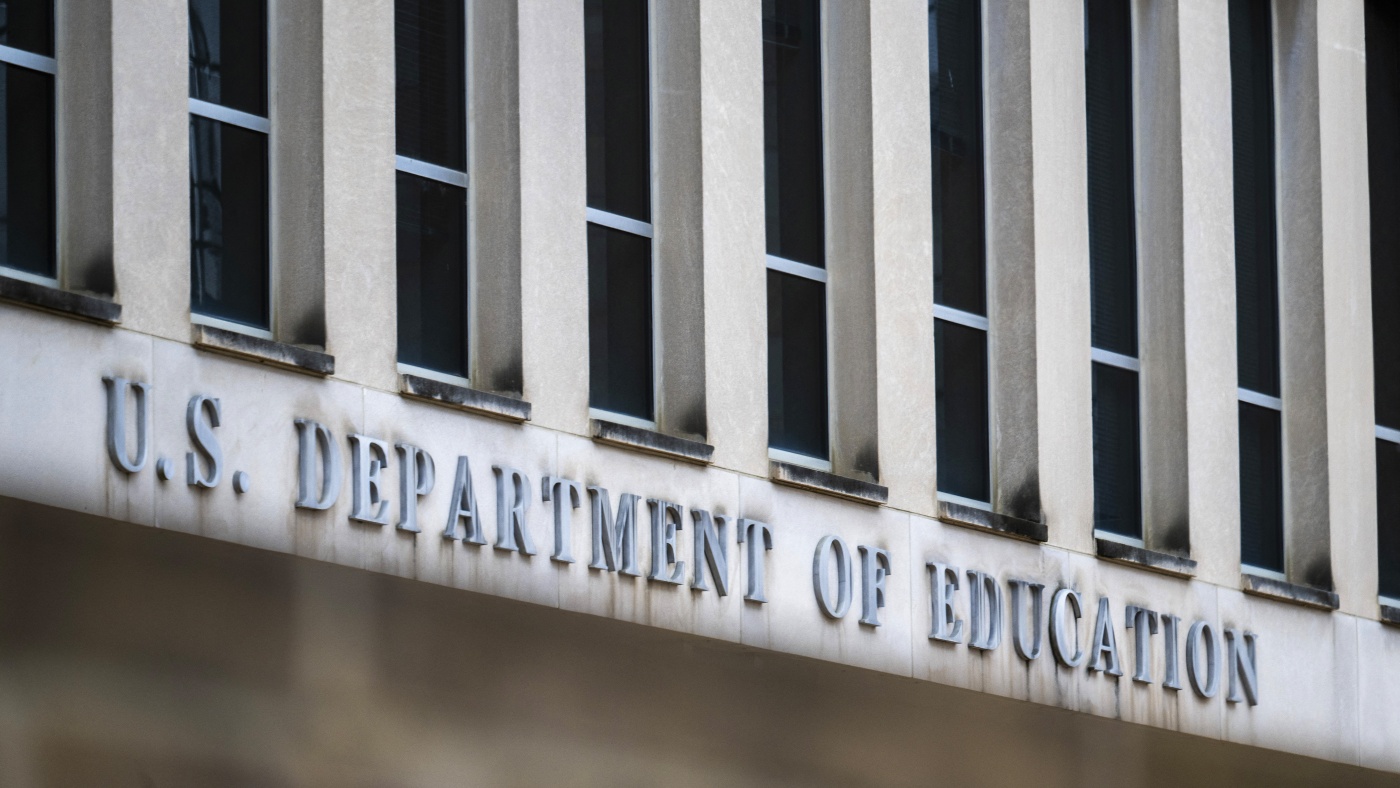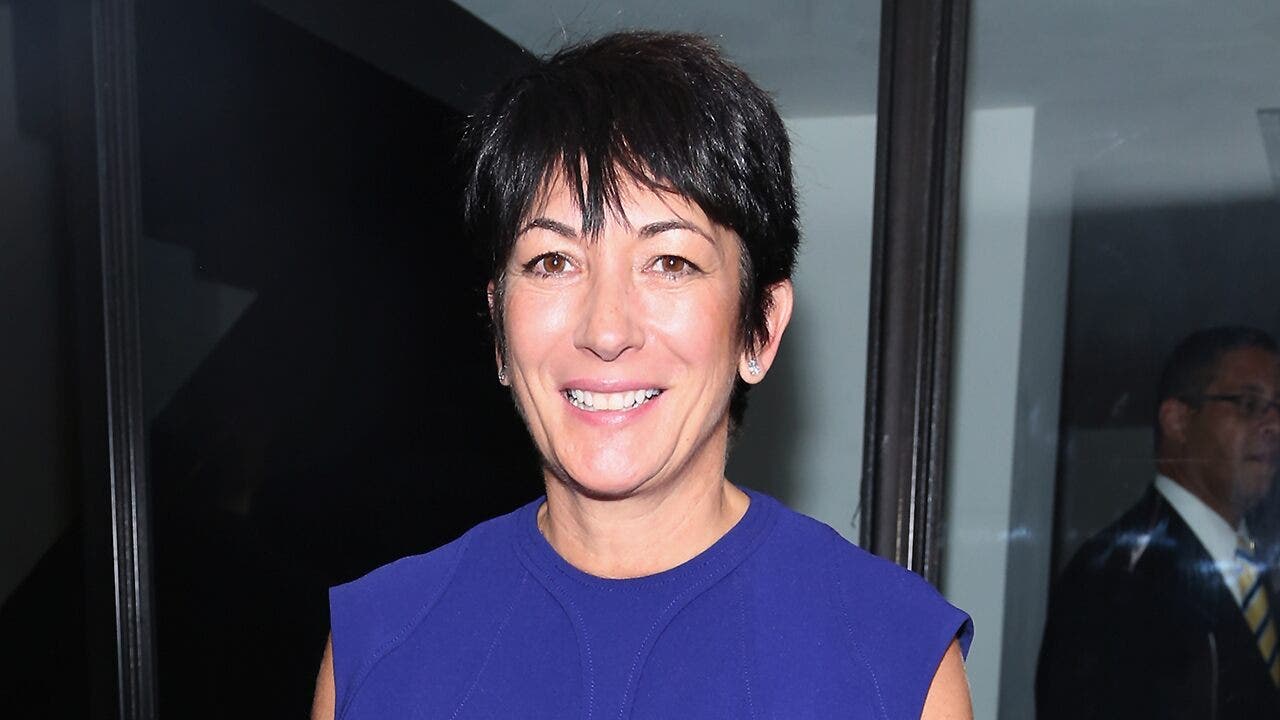World
US confirms third round of nuclear talks with Iran after ‘very good progress’
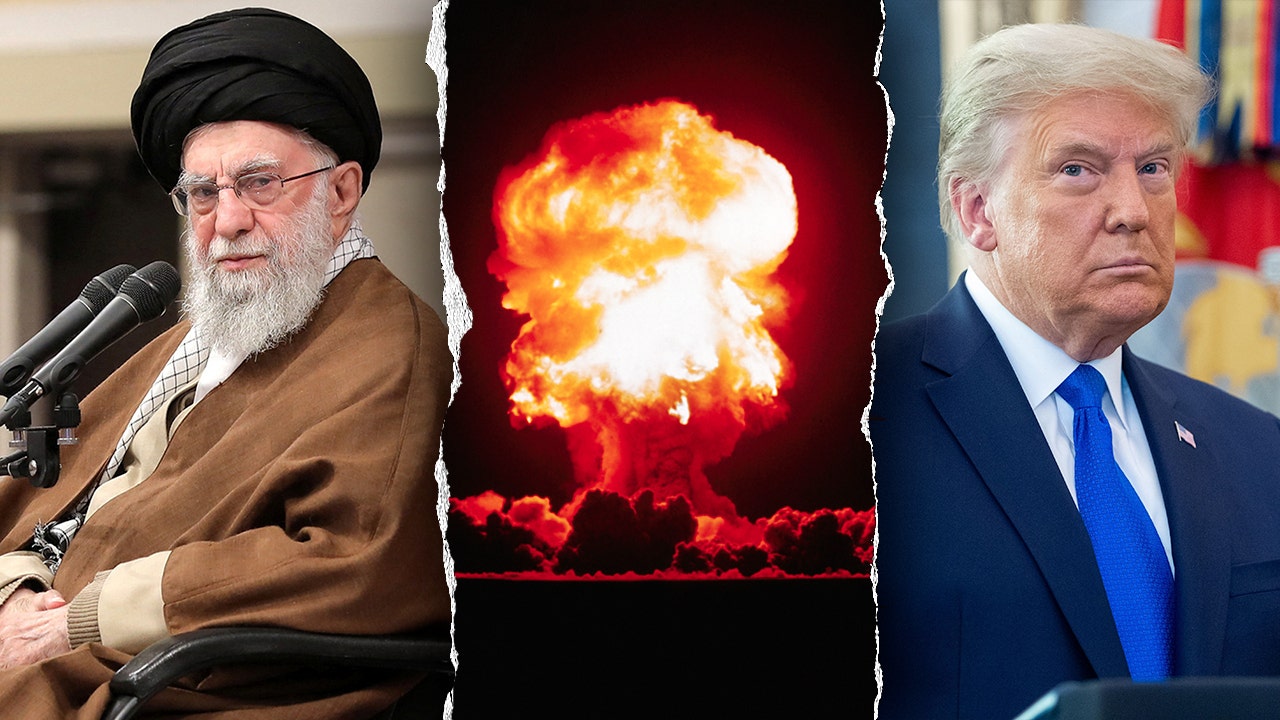
Trump threatens to abandon Russia-Ukraine peace talks
Fox News senior strategic analyst Jack Keane joins ‘America’s Newsroom’ to discuss the latest on the Trump administration’s negotiations with Iran over its nuclear program and the president’s effort to end the war in Ukraine.
The U.S. and Iran have agreed to meet for a third round of talks later this week in Muscat, Oman, after they met in Italy with Omani intermediaries to discuss Iran’s nuclear program on Saturday.
Details of the negotiations have not been released and any concrete progress in ending Iran’s nuclear program remains unclear, though a senior administration official told Fox News that “very good progress” had been made.
“Today, in Rome, over four hours in our second round of talks, we made very good progress in our direct and indirect discussions,” the official said Saturday. “We agreed to meet again next week and are grateful to our Omani partners for facilitating these talks and to our Italian partners for hosting us today.”
TRUMP SAYS IRAN MUST DITCH ‘CONCEPT OF A NUCLEAR WEAPON’ AHEAD OF MORE TALKS
An Iranian newspaper with a cover photo of Iran’s Foreign Minister Abbas Aragchi and U.S. Middle East envoy Steve Witkoff, in Tehran, April 12, 2025. (Majid Asgaripour/WANA (West Asia News Agency) via Reuters)
Reports suggested that Middle East envoy Steve Witkoff and Iranian Foreign Minister Abbas Araghchi at some point in the negotiations spoke face-to-face, the second time in as many weeks.
But the negotiations have not solely been “direct” between Washington and Tehran as President Donald Trump earlier this month insisted they would be, which Iran flatly rejected – suggesting some form of compromise was reached regarding the format of the discussions.
What Witkoff discussed directly with his Iranian counterpart remains unknown.
Araghchi also expressed some optimism in his review of the negotiations from Italy, though his perspective appeared slightly more muted.
“Relatively positive atmosphere in Rome has enabled progress on principles and objectives of a possible deal,” he wrote in a post on X. “We made clear how many in Iran believe that the [Joint Comprehensive Plan of Action] JCPOA is no longer good enough for us. To them, what is left from that deal are ‘lessons learned.’ Personally, I tend to agree.”
COL. RICHARD KEMP DOUBTS TRUMP NEGOTIATIONS WITH IRAN WILL ‘ACHIEVE WHAT NEEDS TO BE ACHIEVED’
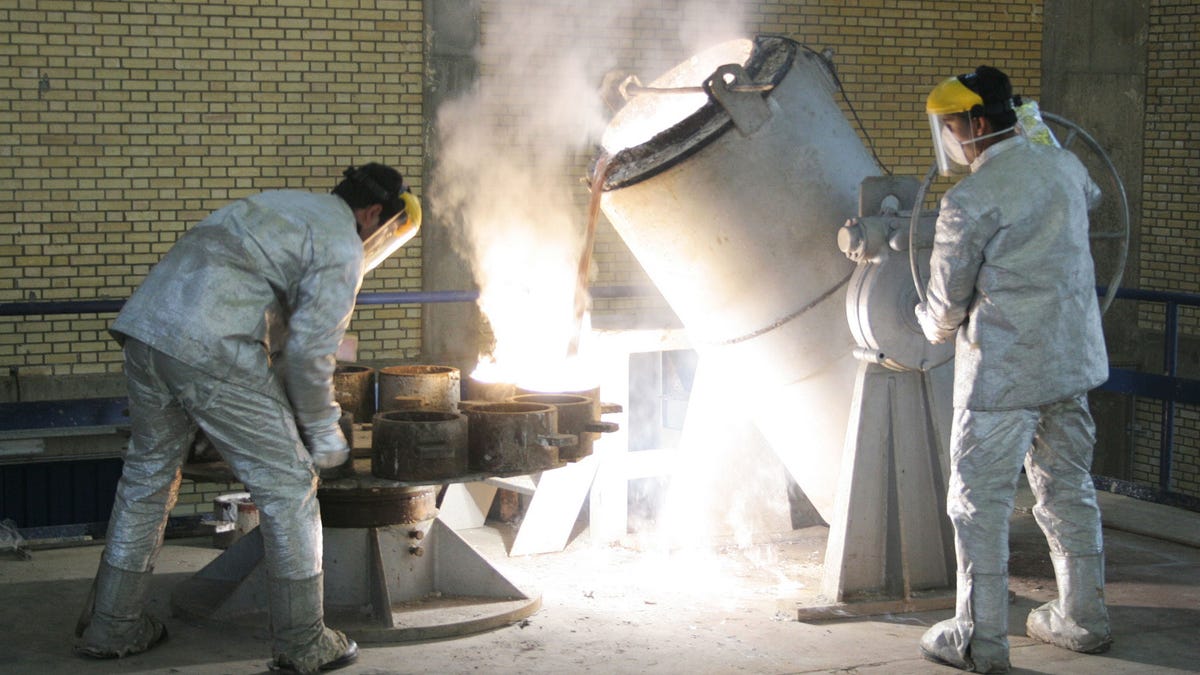
Technicians work inside a uranium conversion facility on March 30, 2005, near Isfahan, Iran. (Getty Images)
“The initiation of expert level track will begin in coming days with a view to hammer out details,” Araghchi said. “After that, we will be in a better position to judge. For now, optimism may be warranted but only with a great deal of caution.”
It remains unclear how this round of negotiations to end Iran’s nuclear program will differ from the original JPCOA, an Obama-era nuclear deal which Trump abandoned during his first term, though the president and other security experts have voiced a sense of urgency in finding a solution in the very near future.
But experts have warned these talks need to be far more encompassing than the JCPOA given the current advanced state of Iran’s nuclear program, and they need to happen very soon.
“The speed with which technical talks have been agreed to is worrying for those who hope to avoid a repeat of 2013 and 2015, as are allegations of Iran’s offer of a three-step interim or phased proposal for a deal,” Iran expert and senior fellow at the Foundation for Defense of Democracies, Behnam Ben Taleblu told Fox News Digital.
“It would be the height of strategic malpractice and a political own goal to allow the Islamic Republic to force America under the Trump administration into a deal that only slightly modified the accord that Trump rightly criticized and walked away from in 2018,” he added.
Similarly, retired Gen. Jack Keane, a Fox News senior strategic analyst, many security experts are watching these negotiation attempts with “real concern” because “Iran in 2025 is not the Iran in 2015 when that first nuclear deal was made.”
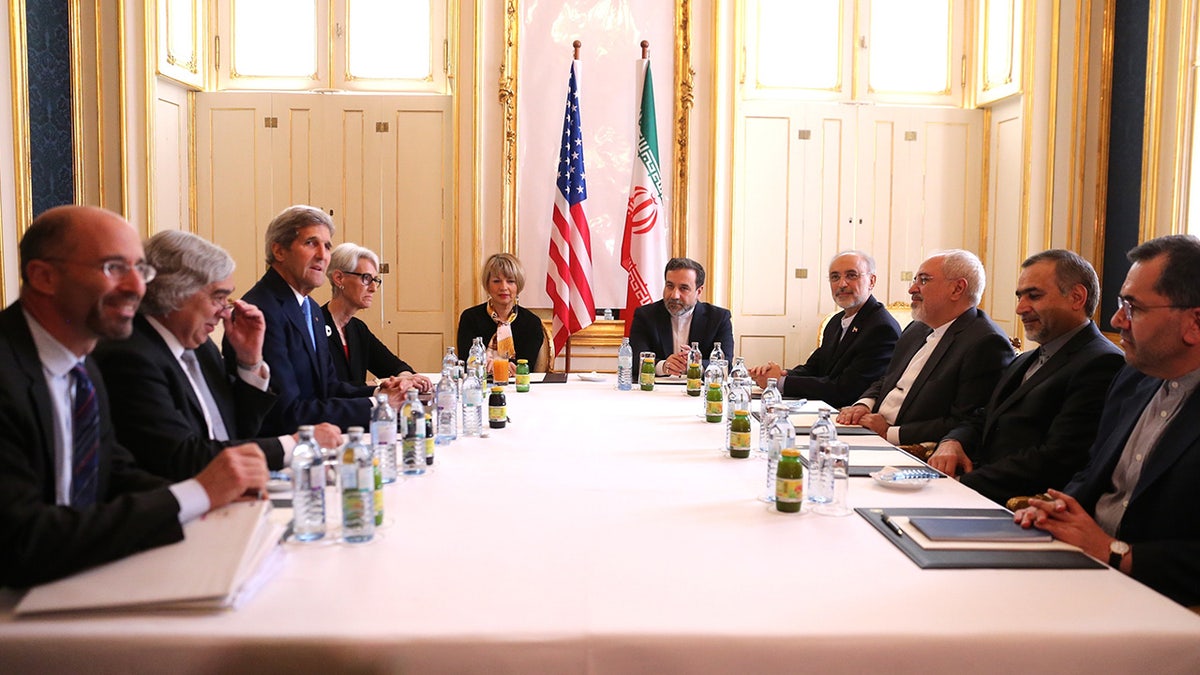
Secretary of State John Kerry, third from left, and other U.S. officials meet with EU and Iranian officials for nuclear talks in Vienna, Austria, June 30, 2015. (Pool/Siamek Ebrahimi/Anadolu Agency/Getty Images)
“The difference is that Iran has the capability to manufacture advanced centrifuges which can enrich uranium from zero to weapons grade in just a matter of weeks,” Keane said.
Essentially, this means the U.S. must not only persuade Iran to get rid of its near-weapons-grade enriched uranium – enough to produce five nuclear weapons if further enriched – but also dismantle its manufacturing capabilities.
“The other thing that is different in 2025 – they have ballistic missiles that can deliver the weapon,” Keane added. “It remains to be seen what’s going to be in the deal.”

World
US planes, cars, drinks on EU list for potential tariffs

World
Putin mum on Trump's 50-day ultimatum, Kremlin officials claim Russia 'didn't care'
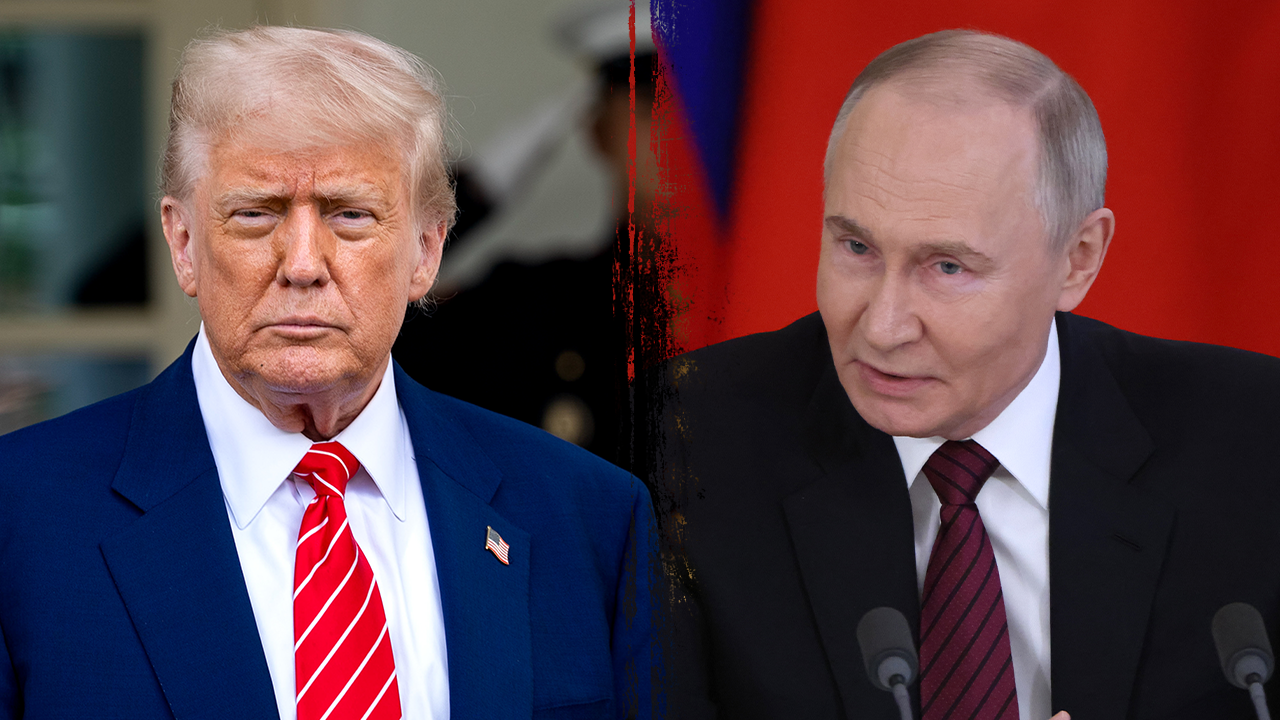
NEWYou can now listen to Fox News articles!
Russian President Vladimir Putin has yet to publicly respond to the 50-day ultimatum President Donald Trump issued him, though one top official on Tuesday suggested that Moscow “didn’t care.”
Deputy Chair of Russia’s security council and former Russian President Dmitry Medvedev took to X to express the Kremlin’s first reaction to the joint announcement by Trump and NATO Secretary General Mark Rutte that Putin has 50 days to end its war in Ukraine or face 100% tariffs.
President Donald Trump, right, and Mark Rutte, secretary general of the North Atlantic Treaty Organization, shake hands during a meeting in the Oval Office of the White House in Washington, D.C., on Monday, July 14, 2025. (Yuri Gripas/Abaca/Bloomberg via Getty Images)
TRUMP, RUTTE ANNOUNCE ‘REALLY BIG’ NATO ARMS PACKAGE AMID NEW 50 DAY DEADLINE TO PUTIN
“Trump issued a theatrical ultimatum to the Kremlin. The world shuddered, expecting the consequences,” Medvedev said. “Belligerent Europe was disappointed.
“Russia didn’t care,” he added.
Reactions to Trump’s latest frustration with Putin were mixed, as Rutte championed the move as “logical,” though top European Union officials suggested the move lacked teeth this far into the war.
“On the one hand, it is very positive that President Trump is taking a strong stance on Russia. On the other hand, 50 days is a very long time if we see that they are killing innocent civilians, also every day,” the EU’s chief diplomat Kaja Kallas told reporters from Brussels when asked about the president’s announcement.
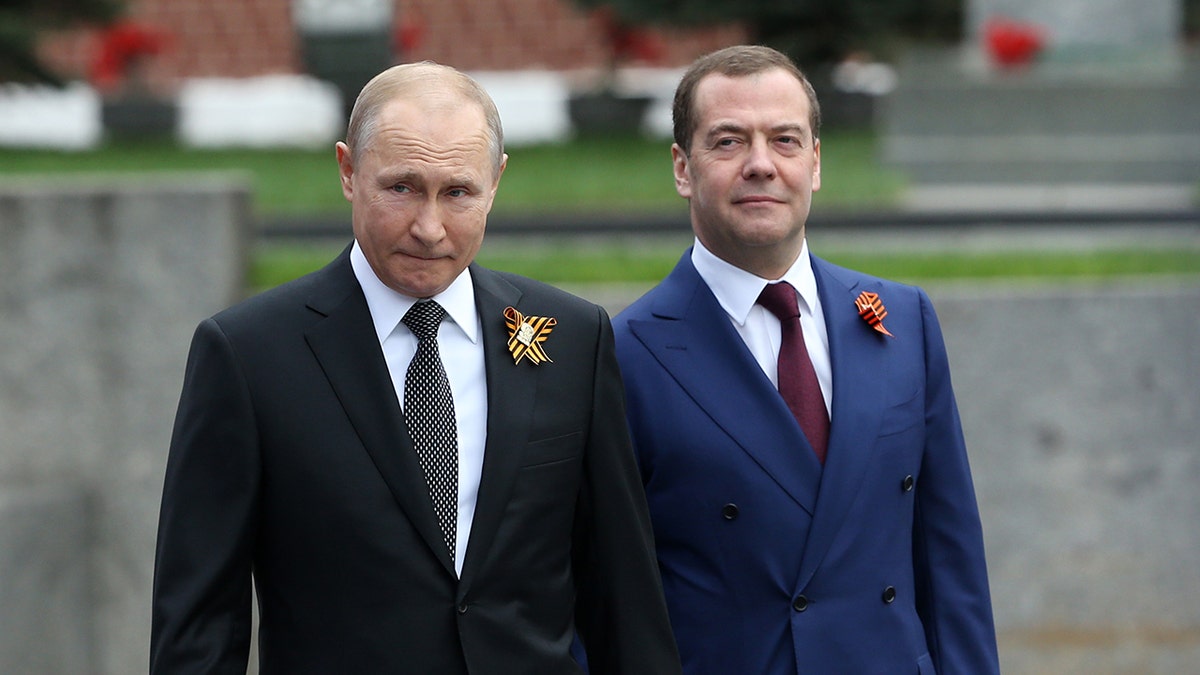
Russian President Vladimir Putin, left, and then Prime Minister Dmitry Medvedev arrive to the Red Square Victory Day Parade on May 9, 2019 in Moscow. (Mikhail Svetlov/Getty Images)
“It is clear that we all need to put more pressure on Russia so that they would also want peace,” she added. “It is good that the Americans are making the steps, and I hope that they are also giving military aid like Europeans are giving.”
TRUMP REVEALS MELANIA’S KEY ROLE IN DEALING WITH PUTIN ON UKRAINE WAR
Kyiv Mayor Vitali Klitschko also questioned the effectiveness of the move and told German news outlet ARD that “I’m happy about the wave of support from the U.S.”
“But on the other hand, I do not understand why Kremlin leader Vladimir Putin is being given 50 days,” he added, according to a translation by Ukrainian media outlets, Kyiv Independent.
“In 50 days, many more people could be killed in the capital and, throughout Ukraine, many more buildings could be damaged,” he said. “Therefore, why such a delay?”
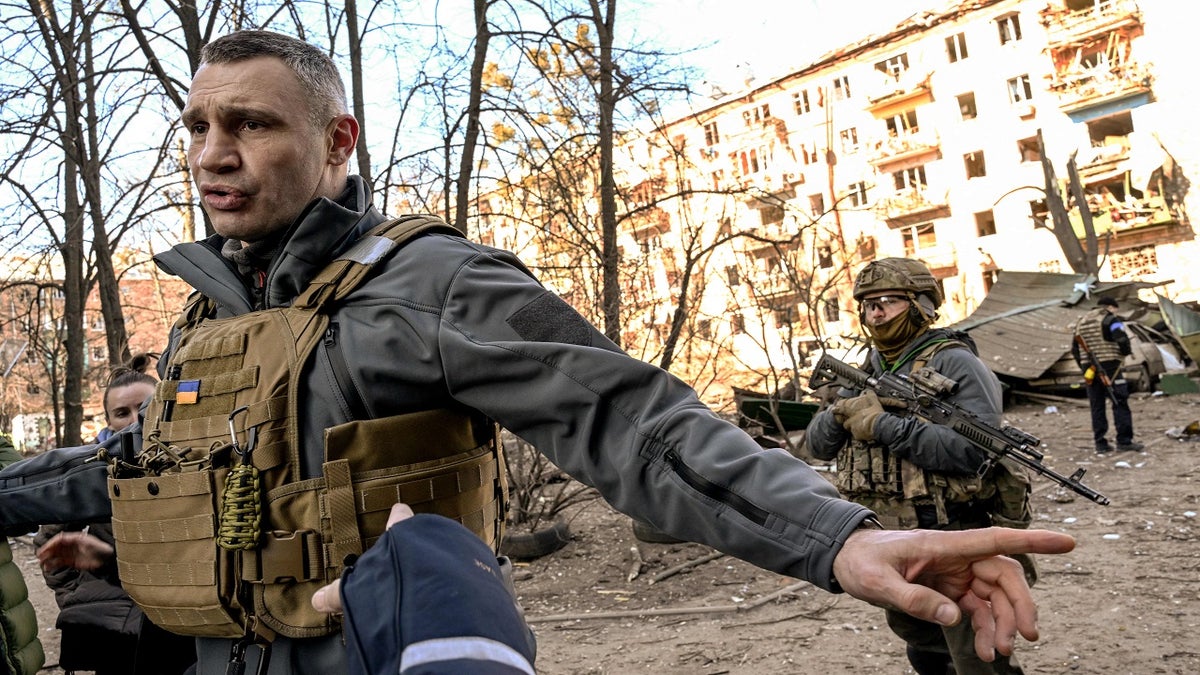
Kyiv Mayor Vitali Klitschko holds people away from a five-story residential building that partially collapsed after a shelling in Kyiv, Ukraine, on March 18, 2022. (Photo by SERGEI SUPINSKY/AFP via Getty Images)
Trump told reporters on Monday that he was frustrated by Putin’s lack of action when it came to stopping his war in Ukraine despite four separate occasions when the president thought a deal had been reached with the Kremlin chief.
“I speak to him a lot about getting this thing done, and I always hang up saying, ‘Well, that was a nice phone call,’ and then missiles are launched into Kyiv or some other city, and I’d say ‘strange,’” Trump said, recounting his conversations with Putin.
“And after that happens three or four times, you say, the talk doesn’t mean anything.”
World
Slovakia demands exemption to drop veto on EU Russia sanctions
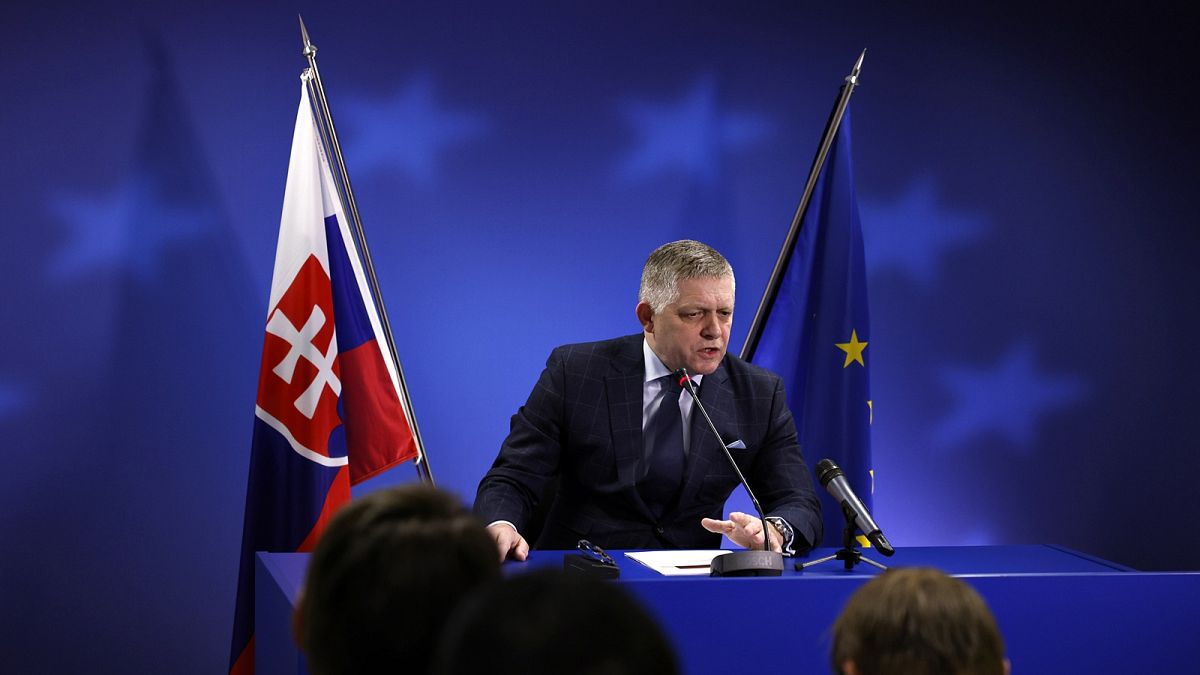
Slovak Prime Minister Robert Fico threw down the gauntlet on Tuesday when he openly demanded a legal exemption to continue buying Russian gas until 2034 in exchange for lifting his veto on the new package of European Union sanctions against Russia, which the bloc is eager to approve to tighten the screws on the Kremlin.
The take-it-or-leave-it request raises serious questions on whether the political deadlock can be broken this week, as diplomats had hoped.
“The best solution to the situation would be to grant Slovakia an exemption allowing it to fulfill its contract with Russian Gazprom until it expires in 2034 – something the European Commission currently rejects on principle, arguing that approving such a proposal would undermine the essence of the anti-Russian sanctions,” Fico wrote on social media.
Slovakia’s opposition does not relate to the sanctions themselves but to the phase-out of Russian fossil fuels by the end of 2027. Energy imports are considered a fundamental source of revenue to finance the war of aggression against Ukraine.
The European Commission unveiled the roadmap in May and presented the draft legislation in June, based on gradual bans on short-term and long-term gas contracts.
As a landlocked country, Slovakia has vociferously protested the plan, warning it would raise prices for consumers, weaken competitiveness and endanger energy security.
Since the phase-out is subject to a qualified majority, Fico has resorted to sanctions, which require unanimity, to extract concessions from Brussels.
Tensions began rising last month during an EU summit, when Fico made a series of demands for financial compensation that were not met.
The prime minister says his country risks facing a lawsuit from Gazprom, Russia’s gas monopoly, worth between €16 and €20 billion due to the termination of its long-term contract. The Commission contests this thinking by arguing that the legal bans will act as “force majeure” in court and protect governments and companies against damages.
The impasse intensified technical dialogue between Bratislava and Brussels, with a focus on solutions to diversify Slovakia’s energy mix away from Russia, strengthen connections to neighbouring countries and mitigate price volatility.
Fico welcomed the outreach as “constructive” but held his ground, causing German Chancellor Friderich Merz and Polish Prime Minister Donald Tusk to intervene.
Ursula von der Leyen, the president of the European Commission, also became involved.
On Tuesday, von der Leyen sent Fico a three-page letter with reassurances about the implementation of the phase-out, including the possible deployment of state aid and EU funds to “compensate the negative impacts for households and industry”.
Von der Leyen also promised to clarify the criteria to trigger the “emergency break” and temporarily suspend the application of the gas bans in case of “extreme price spikes”.
The letter does not speak of a tailor-made exemption or financial envelope for Slovakia.
“We have been working closely wth member states most directly concerned, notably Slovakia, to ensure that the EU-wide phase-out of Russian energy imports will be gradual and well-coordinated across the Union,” von der Leyen wrote.
According to Fico, who posted the entire confidential letter on his social media, von der Leyen’s offer was flat-out rejected by his coalition partners.
“Their response is that the Commission’s guarantees to Slovakia are insufficient – some even described them as NOTHING,” he said.
“The representative of the Slovak Republic has been instructed to request a postponement of the vote on the 18th sanctions package.”
In Brussels, High Representative Kaja Kallas expressed her disappointment at the veto and wondered if domestic politics factored in Fico’s decision-making.
“These negotiations have been going for quite some time,” she said at the end of a meeting of foreign affairs ministers. “If your sensitivities are addressed, I think it’s important that you don’t present anything on top of it.”
Kallas said technical discussions would continue on Wednesday with the hope of achieving a deal before the end of the week.
“I’m optimistic and still hopeful that we will reach a decision tomorrow,” she said.
“We have 27 different democracies with 27 different public opinions and oppositions as well, so we need to navigate that process.”
Fico’s stated desire to continue buying Russian gas might soon clash with the White House’s foreign agenda. Donald Trump has threatened to impose “severe tariffs” on Russia and its trading partners if no progress towards peace is made in 50 days.
-

 Culture1 week ago
Culture1 week agoTry to Match These Snarky Quotations to Their Novels and Stories
-

 News6 days ago
News6 days agoVideo: Trump Compliments President of Liberia on His ‘Beautiful English’
-

 News1 week ago
News1 week agoTexas Flooding Map: See How the Floodwaters Rose Along the Guadalupe River
-
Business1 week ago
Companies keep slashing jobs. How worried should workers be about AI replacing them?
-
Finance1 week ago
Do you really save money on Prime Day?
-

 Technology1 week ago
Technology1 week agoApple’s latest AirPods are already on sale for $99 before Prime Day
-

 News5 days ago
News5 days agoVideo: Clashes After Immigration Raid at California Cannabis Farm
-

 Politics1 week ago
Politics1 week agoJournalist who refused to duck during Trump assassination attempt reflects on Butler rally in new book

